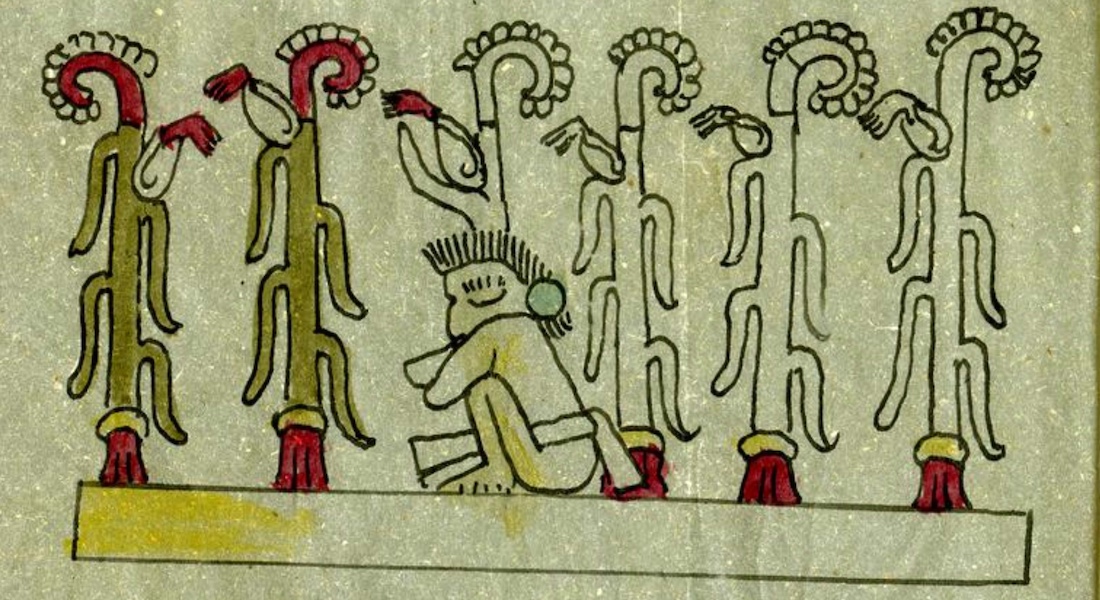Reconstructing maize domestication
Assistant Professor Jazmín Ramos Madrigal has been awarded a prestigious grant for her project “Reconstructing the chronology of selection during maize domestication through genotype imputation of ancient genomes.”

A grant to support independent research
The grant from the Independent Research Fund Denmark (DFF) that Jazmín has received is just over 3 million DKK and supports cutting-edge, independent research at an international level of excellence. The DFF-Research Project 1 call funds investigator-initiated projects across all scientific disciplines that are characterized by clear, well-defined research questions and high international quality. This year, the fund received 1,801 applications, awarding 558.3 million DKK to 182 projects nationwide.
From weedy grass to super crop
Jazmín's project explores one of the enduring questions in evolutionary biology and archaeology: “how a weedy grass evolved into one of the world’s most productive crops — maize?” While ancient maize genomes have shed light on this process, their potential has been limited by DNA degradation and incomplete data.
“We will benchmark imputation methods for ancient maize genomes and we will use these genomes to reconstruct the chronology of selection during maize domestication with unprecedented resolution, providing insights into the early uses and adaptation processes of maize.” Jazmín says.
A remarkable story to uncover
“Maize’s domestication is a remarkable story of artificial selection and adaptation,” Jazmín adds “These genomes have the potential to tell us how early farmers shaped this crop over millennia and turned it into an almost perfect crop.”
The project not only advances our understanding of domestication processes but also demonstrates how ever improving computational and genomic tools are transforming ancient DNA research.
Contact:
Assistant Professor Jazmín Ramos Madrigal
